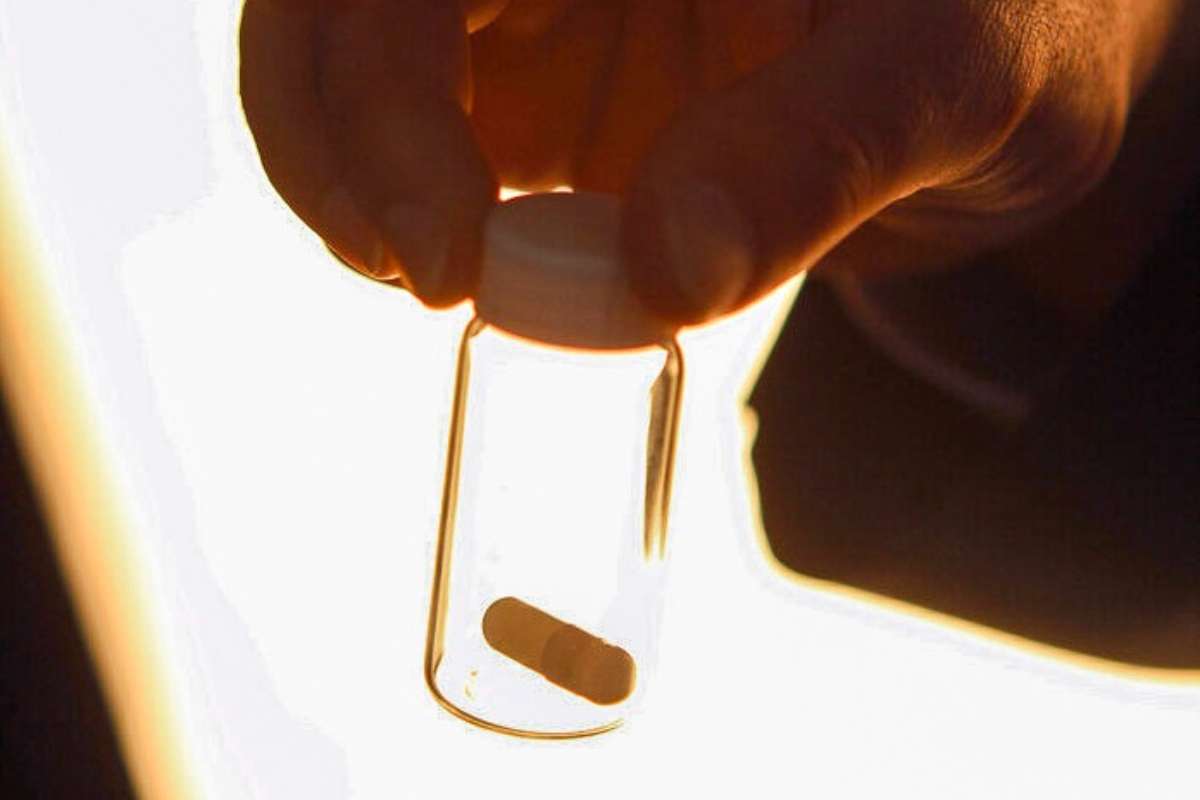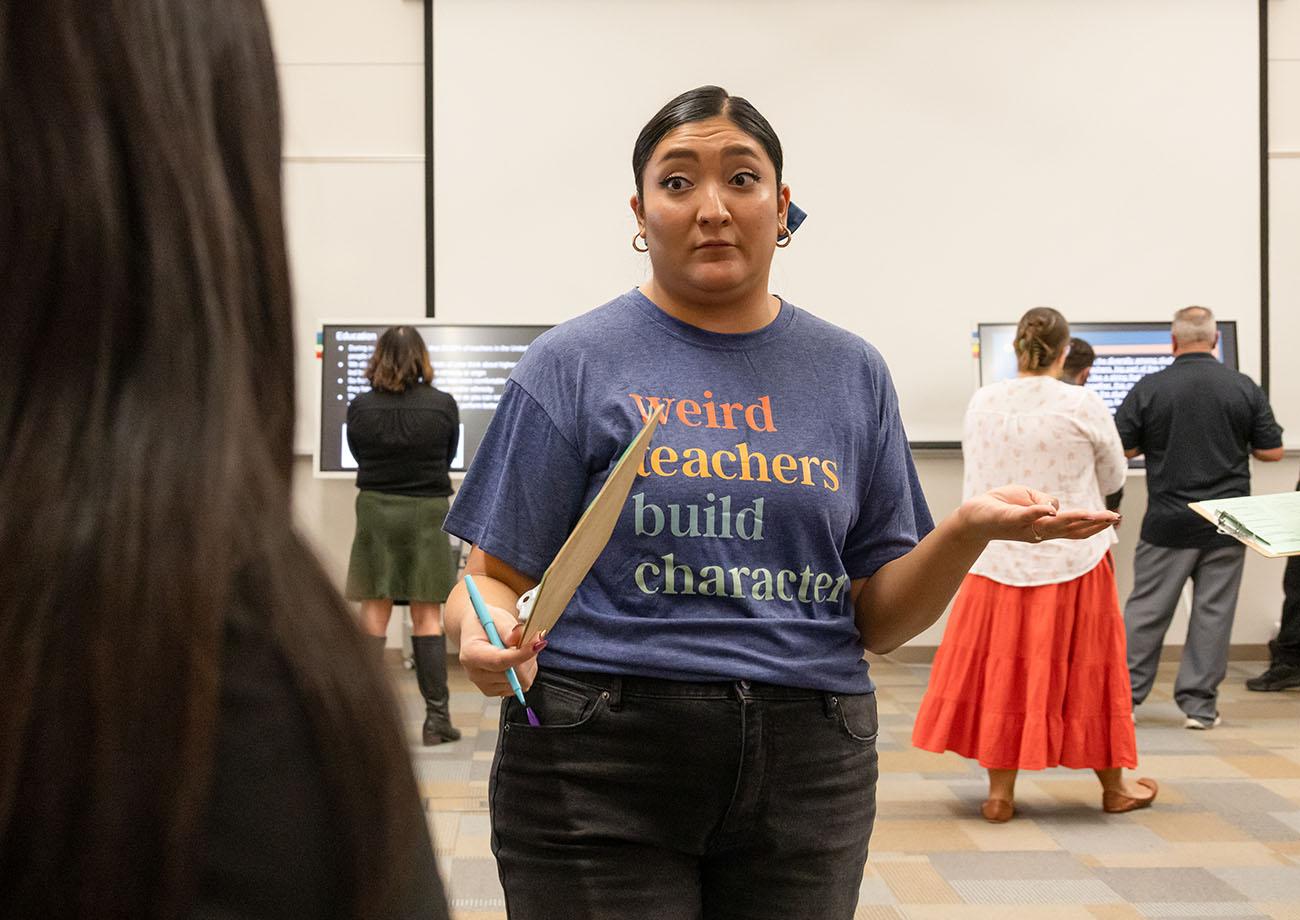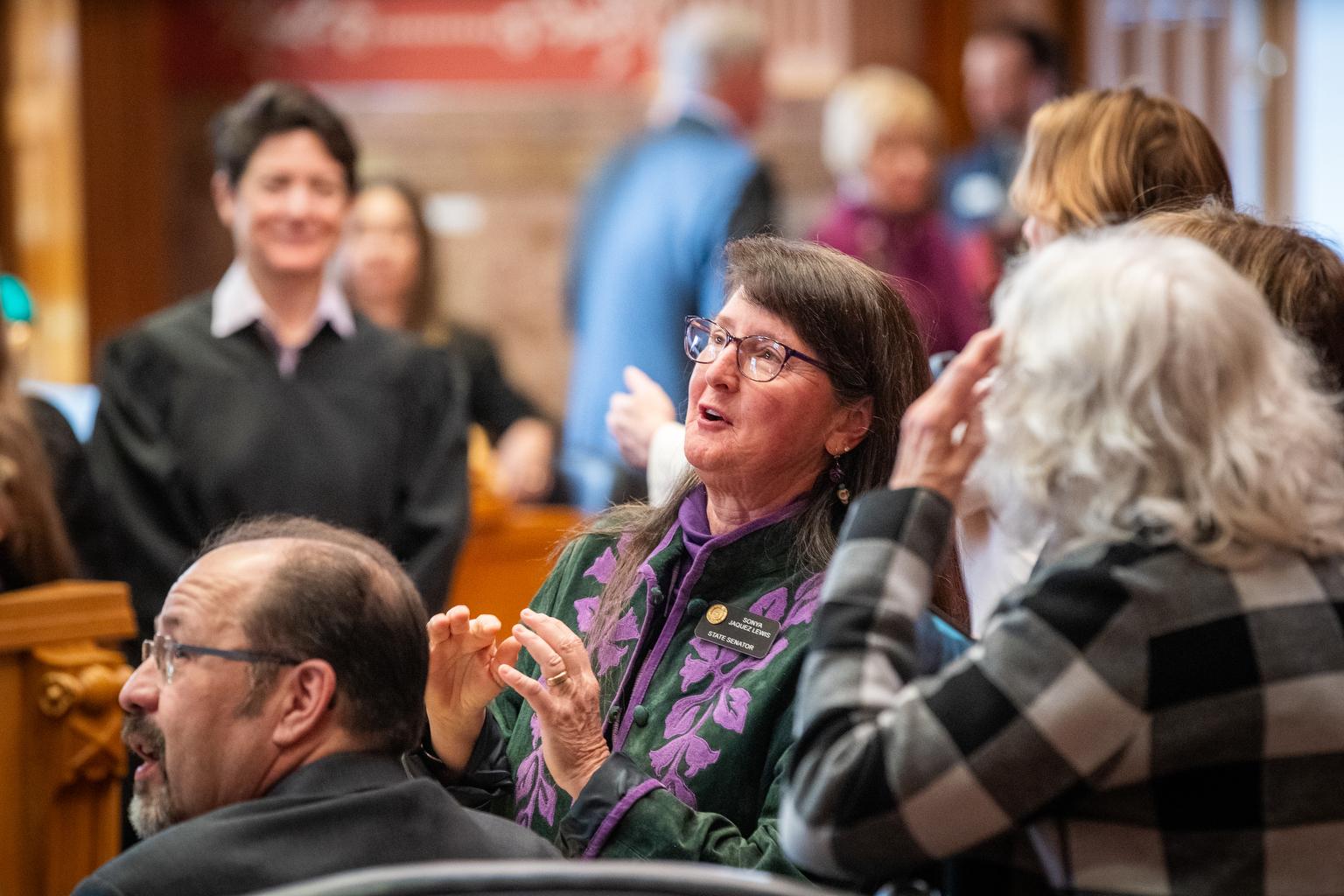
This story is part of The Trip, a CPR News series on Colorado’s new psychedelic movement. Read more here.
A form of psilocybin, a psychedelic compound found in mushrooms, is now on the brink of mainstream medical acceptance. Should the Food and Drug Administration approve it for use, it could redefine the future of mental health care in the U.S.
But how does FDA approval happen—and how far in the future might it be?
Compass Pathways, a biotechnology company, is in its final stages of psilocybin drug trials for patients with treatment-resistant depression before submitting for FDA approval. However, what’s up for review differs from what most people might imagine when they think of psilocybin.
“We are studying a synthetic form of psilocybin for treatment-resistant depression. So, this is not from mushrooms,” Chief Executive Officer Kabir Nath said. “When we say a synthetic form, that means it is a chemical form.”
Like many plant-based drugs, natural mushrooms can vary in potency and composition. Compass says their synthetic psilocybin offers more precision and consistency.
“Clearly, mushrooms are natural and typically contain a wider range of active ingredients,” Nath said. “They vary in terms of how many you take, the size of the dose, and so on. With this synthetic formulation, we can guarantee you exactly what you're getting in terms of the amount of the dose and the quality and so on of it.”
Some advocates hope that level of consistency will help with FDA approval for conditions like treatment-resistant depression. Compass Pathways’ studies so far have shown that synthetic psilocybin can be effective. Treatment-resistant depression is typically diagnosed in people who have failed at least two antidepressants in their current episode of depression or who have had depression for many years.
However, some in the psychedelic community have expressed concern that FDA approval of a synthetic version could separate psilocybin from professional therapy — and push it too far from its traditional roots. Colorado’s healing centers provide psilocybin-assisted therapy, which involves three stages (preparation, dosing, and integration) and involves a licensed facilitator staying with the patient during the drug’s administration.
Nath, on the other hand, believes the drug is lifesaving and that FDA approval will make it more accessible. Right now, traditional psilocybin therapy offered at healing centers in the state is not covered by insurance. Access often comes down to the patient's ability to afford the treatments.
“Even in Colorado, which clearly has pioneered moving forward with the natural product, people have to pay out of pocket,” said Nath. “We believe with our model, we can get the product to them and get insurers or the government to pay for it.”
FDA drug approval involves three phases of clinical trials.
Compass Pathways has completed Phase 1 and Phase 2, and is currently gathering data in its third round of research. Compass is currently recruiting participants for its second Phase 3 trial.
“Assuming that we get good data in terms of both the efficacy and safety of the drug, we then prepare a submission to the FDA, and depending on the timing, typically that's a process a little bit less than a year,” said Nath.
That timeline puts the company on track to present its New Drug Application to the FDA sometime between late 2026 and 2027.
There was considerable excitement in recent years when MDMA approached FDA approval, but ultimately that drug failed to meet FDA requirements. Nath told CPR News that synthetic psilocybin may have a better chance, in part because of how it works.
“MDMA is not in fact a classic psychedelic in the sense it doesn't lead to an altered state of consciousness. It's a very interactive session between the patient and the therapist. And for the FDA, that was something completely new,” he said. “Psilocybin works very differently. The subjective experience is largely internal. So instead of getting a drug therapy combination approved, we're only trying to get a drug approved.”
He also points to the size and scope of Compass Pathways’ research as a key difference from the MDMA studies.
"Between our two late-stage studies, we have over 800 patients in them. When you add our Phase 2 studies and some of our earlier enabling work, we'll have well over a thousand patients that we studied. So it's a very robust data set,” he said.
To learn more about the trials, visit clinicaltrials.gov.
The Trip: Alejandro A. Alonso Galva is the project editor. Carl Bilek is the executive producer for Colorado Matters. Megan Verlee provided editorial guidance. Shelby Filangi produced this digital piece.








